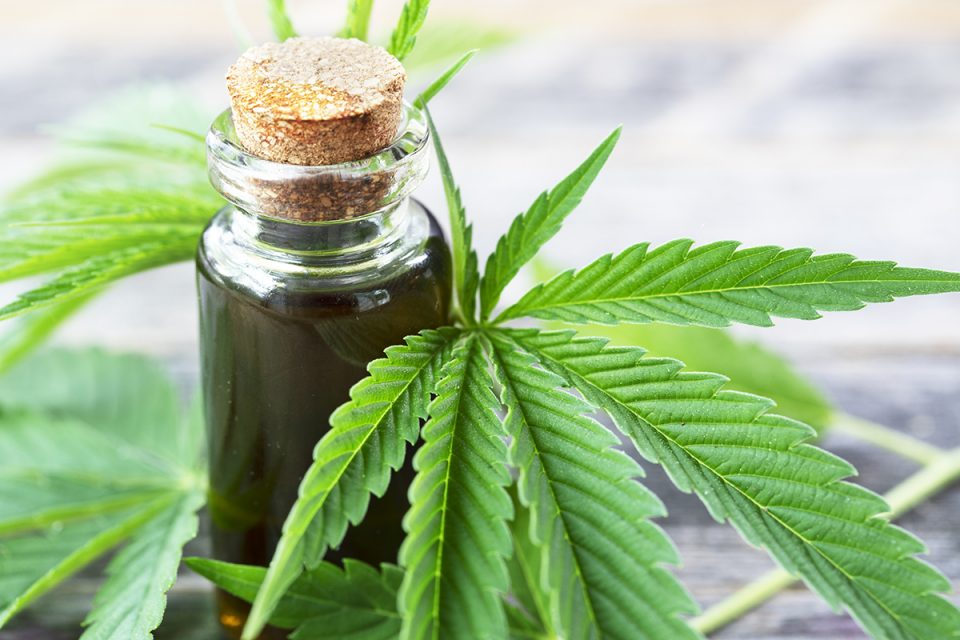Hemp seed oil is derived from hemp plant seeds and is the name granted to cannabis plants with a minimal to no THC content. The seeds are pressed to cold to create one of the most versatile and nutritionally active oils available. As the seeds come from the hemp plant, they will not produce the famous ‘high’ cannabis. Hemp seed oil is growing in popularity as it provides a long list of health benefits that have been confirmed by an ongoing research body.
Hemp seeds do not contain as many phytochemicals as the plant itself but are high in fatty acids, carbohydrates and important bioactive vitamins and minerals. The oil is widely regarded for its nutritional abundance and positive health advantages and comprises good fatty acids, calcium, and carbohydrates. Hemp seed oil’s many positive health effects are related to the 3:1 ratio of linoleic (LA) and a-linolenic acid (LNA), two important polyunsaturated fatty acids that support the heart particular.
How does it work?
Hemp is thought to produce chemicals (like the Lanoxin drug) that lower blood pressure, slow heart rate, increase heartbeat speed and increase urine production.
Hemp is often considered to have terpenes, which are plant-generated molecules responsible for the plant’s distinctive scent (such as lavender). Studies are starting to demonstrate that terpenes are known to have multiple health advantages including neuroprotective (brain-protective), anti-inflammatory, and anti-tumor effects.
For HEMP OIL BENEFITS:
There are many hemp benefits. Some of them are as follow:
Promotes cardiac health
Hemp seed oil has many ways to boost cardiac protection.
It contains high levels of omega-6 and omega-3 essential fatty acids in a 3:1 ratio. Studies find the ratio can never reach 4:1, which suggests 3:1 is a great ratio for our wellbeing. Because of their β-sitosterol content, these important fatty acids lower cholesterol levels in the blood, and that helps avoid cardiac disease.
Hemp seed oil is also a strong source of Gamma-Linolenic Acid ( GLA), which is abundant in the lipase enzyme, and is an ideal non-invasive chelation therapy for eliminating plaque build-up from blood vessels and cell membranes. While it encourages protection of the heart and avoids cardiac failure.
In hemp seed oil, the amino acid arginine leads to nitric acid development, which relaxes and dilates the blood vessels. This is how blood pressure can be reduced and can help reduce heart failure.
Strengthens the immune response
The body needs the necessary fatty acids in hemp seed oil to synthesize endocannabinoids, whose role is to improve the immune system. So it’s a smart idea to use hemp seed oil as an immune-enhancing aid routinely.
Hydrates and relieves inflammation
One of the omega-6 fatty acids found in hemp oil is gamma-linolenic acid (GLA), which serves as an effective anti-inflammatory agent while at the same time stimulating skin growth and new cell development.
This may help to ease the skin’s inflammation and pain, like acne and some disorders such as psoriasis, while maintaining the skin nourished and moisturized.
Relief from pain:
Many people use hemp seed oil as a means of natural pain reliever, since it decreases discomfort when topically absorbed or applied. Combining this with its anti-inflammatory effects, it becomes a valuable aid for pain-causing fractures, diseases, or autoimmune diseases. Subjective research shows that hemp seed oil is a soft, pain-relieving relaxation oil that can be rubbed onto the muscles during a workout or on swollen joints (due to damage, wear and tear or inflammation). There is promise in hemp seed oil for patients who don’t want to try allopathic pain medication with debilitating pain.
Hempseed oil, whether used topically or orally, provides various benefits for skin well-being. Many people should take advantage of those benefits.

